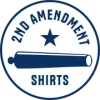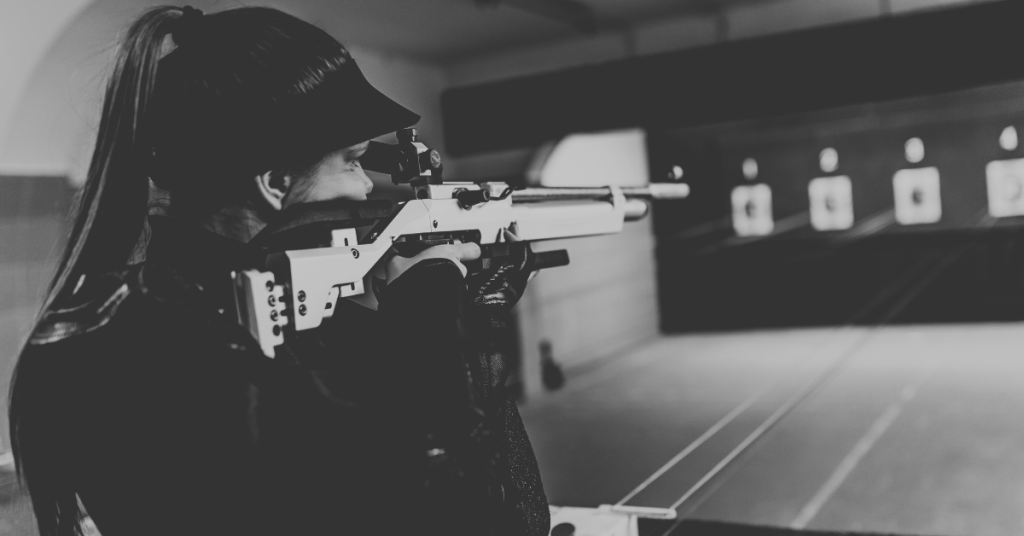When it comes to competition shooting, everyone has an opinion on how to improve your shot. And, sure, seeking professional training and buying a better gun can definitely make you more competitive.
But when you want better aim and consistency, there are three shooting skills you should constantly strive to improve:
- Grip
- Trigger contact
- Follow through
Grip
Grip is one of those things that gun enthusiasts talk about, but many don’t treat like a shooting skill. They seem to think that once the “know” how their grip should be, it just happens.
But it doesn’t.
Too many shooters use inconsistent grips, changing how they hold their gun every time they step up to shoot. This doesn’t allow you to build muscle memory or consistency.
To improve shooting skills, strive to grip your gun the same way every time you hold it. Grip high. First with your dominant hand, then with your support hand. And keep both thumbs pointing forward.
Focus on keeping your grip firm and consistent during shooting drills and remember your grip shouldn’t change before, during, or after firing.
Trigger Contact
Trigger contact is another shooting skill that can make or break your competition game. You want the same part of your finger — your fingerprint — to touch the trigger every time you pull it.
Consistent trigger contact keeps your firing smooth and your aim accurate. When your finger is too far over the trigger and it makes contact with the bend of your knuckle, you’re likely to pull the gun and hit right of your target.
If it’s your fingertip on the trigger, you may push the trigger to the side instead of pulling it straight back, causing you to hit left of your intended aim.
Follow Through
Sure, most shooters understand the importance of follow through when you’re bird hunting, but it’s just as important in competition shoots. Once your target’s in sight and you pull the trigger, you must control your firearm to perfect your shooting skills.
Any shaking, flinching, or moving, whether it’s in anticipation of the shot or in response to the recoil, impacts your aim and takes it longer for you to prepare for your second shot.
Both of these things are important in sports shooting, but they’re also vitally important in self defense shooting.

